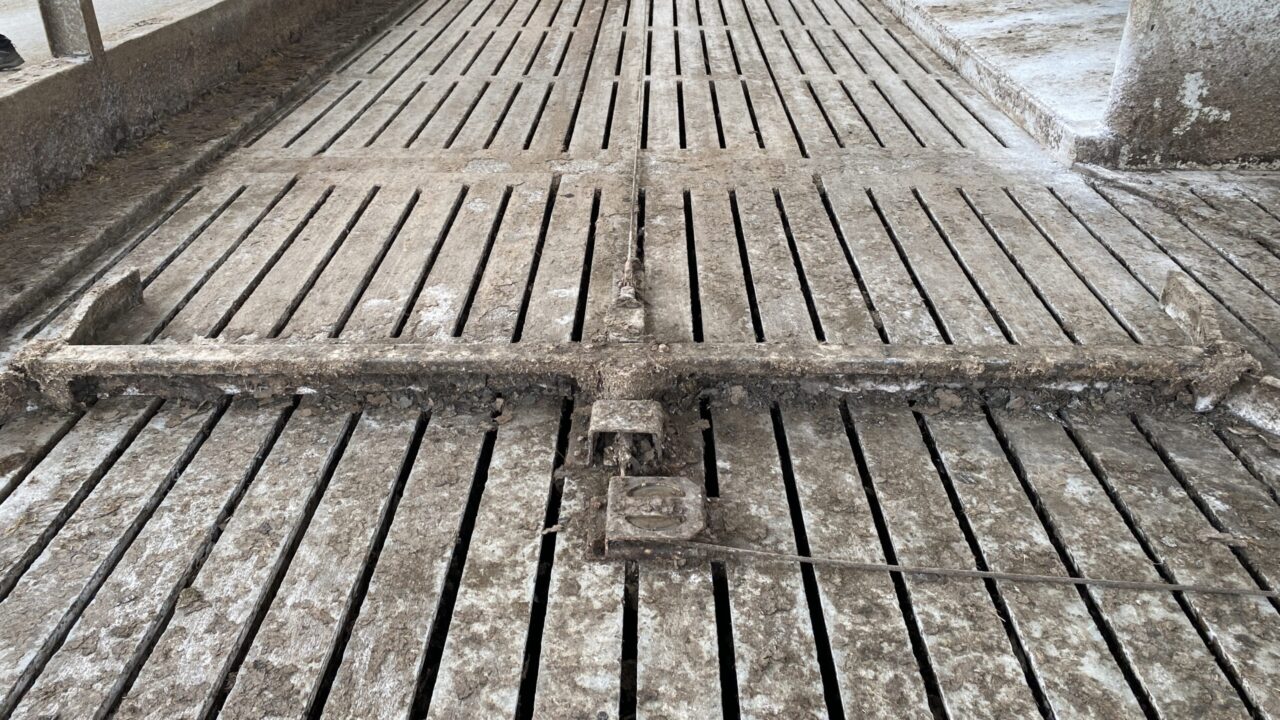The Environment Agency (EA) has reminded farmers that despite the dry summer weather, they should start preparing their winter slurry storage now.
With wetter and longer winters becoming more common across the UK, the EA advised farmers that adequate slurry storage is crucial.
The agency advised farmers to make use of it’s ‘Winter Ready Campaign’ to ensure the proper storage is in place and helping to overcome any issues that may be in the way.
Environment Agency deputy director for agriculture, Nicola Riley said: ”Recent Met Office research has found that weather extremes are now the norm in the UK with wetter winters and drier summers.”
Riley highlighted how the drought experienced across the UK and the impacts it has had on farms is currently most farmers main concern.
However, Riley added: “It is important too that we look ahead to the wet weather we can expect towards the end of the year.
“We’re urging farmers to start their preparations now, with the Environment Agency on hand to help farmers find the right solutions that work for them.”
According to the Department for Environment, Food & Rural Affairs (Defra), farmers who do not have adequate storage to avoid pollution risk fines of up to £5,000 in a magistrates’ court, or unlimited fines in the Crown Court.
Slurry storage tips
Despite rainfall across England being 20% below the long-term average for June, the winter bears a strong possibility of being extreme and wet, so the EA is providing some simple tips to overcome slurry storage issues.
The agency recommended farmers have six months slurry storage capacity, without the need for any slurry spreading.
Farmers unsure of how to calculate slurry storage needed can use tools such as The Agriculture and Horticulture Development Board (AHDB) slurry wizard.
The EA also advised farmers to cover slurry tanks, lagoons and pits to prevent water build up and overflow, which would lead to pollution.
The government body also said farmers should use the summer months to fix drainage and clear guttering to ensure separation of clean and dirty water, meaning less rainwater mixes with slurry to increase its volume.
Farmers were advised not to take sludge, digestate or other materials if you don’t have an immediate need for them.

